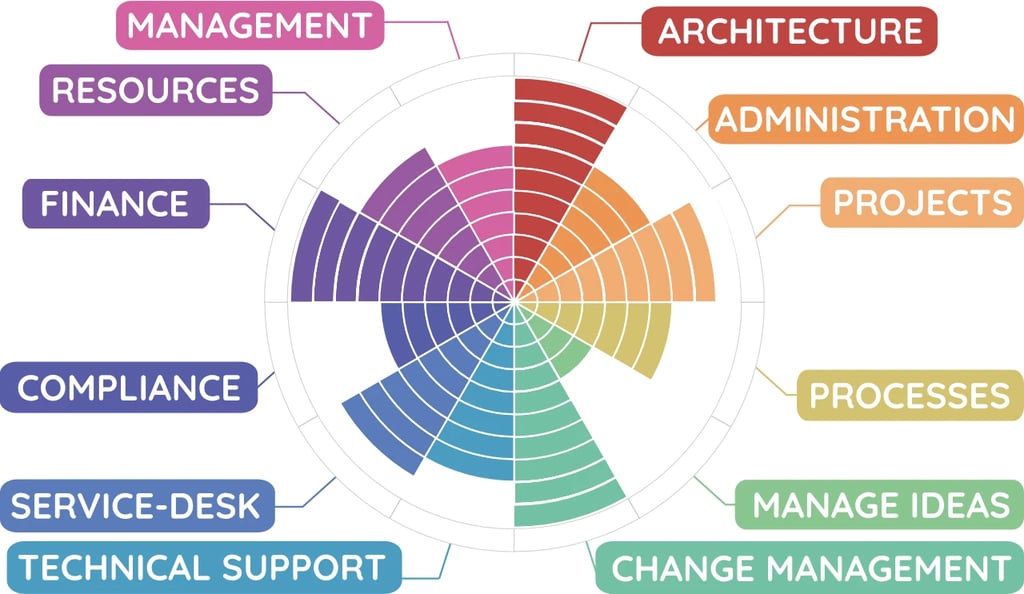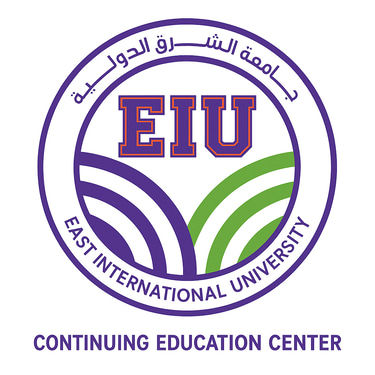Information Technology (IT) Audit Course
CONTINUING EDUCATION CENTERINTERNAL AUDIT ACADEMIC ALLIANCE PROGRAM - IAAAPTECHNOLOGY


This course provides students with a comprehensive understanding of the fundamental principles and practices of Information Technology (IT) auditing. It covers the theoretical concepts and practical techniques necessary for assessing and evaluating the controls, risks, and governance of IT systems within organizations. Students will learn how to identify vulnerabilities, assess risks, and recommend improvements to ensure the security, integrity, and effectiveness of IT systems.
Course Objectives:
· Understand the role and importance of IT auditing in modern organizations.
· Learn the fundamental principles and concepts of IT auditing.
· Gain practical skills in assessing and evaluating IT controls and risks.
· Learn how to identify vulnerabilities and recommend improvements for IT systems.
· Understand the legal and ethical considerations in IT auditing.
Course Outline:
1. Introduction to IT Auditing
· Definition and importance of IT auditing
· Role of IT auditors
· Legal and regulatory requirements
2. Fundamental Principles of IT Auditing
· IT audit planning and scoping
· Risk assessment and management
· Control evaluation and testing
3. IT Governance
· Frameworks (e.g., COBIT, ITIL)
· IT governance structures and processes
· Board and management responsibilities
4. IT Controls
· General IT controls
· Application controls
· Physical and environmental controls
5. IT Security
· Information security principles
· Threats and vulnerabilities
· Security controls and practices
6. IT Risk Management
· Risk identification and assessment
· Risk mitigation strategies
· Risk monitoring and reporting
7. IT Audit Process
· Audit planning and preparation
· Audit fieldwork and documentation
· Audit reporting and follow-up
8. Emerging Trends in IT Auditing
· Cloud computing and virtualization
· Mobile and social media risks
· Data analytics in auditing
Teaching Methods:
· Lectures to introduce concepts and theories
· Case studies and practical exercises to apply knowledge
· Group discussions to analyze real-world scenarios
· Guest lectures from IT audit professionals
Assessment:
· MCQ Exam
· Case study analysis
. Project
· PPT Presentation
Prerequisites:
· Basic understanding of IT systems and operations
· Familiarity with auditing principles (recommended)
Resources:
· Textbooks and academic papers
· IT audit frameworks and standards
· IT audit software tools
· Online resources and forums
Conclusion:
By the end of this course, students will have a solid understanding of the principles and practices of IT auditing, preparing them for a career in IT audit or related fields.
